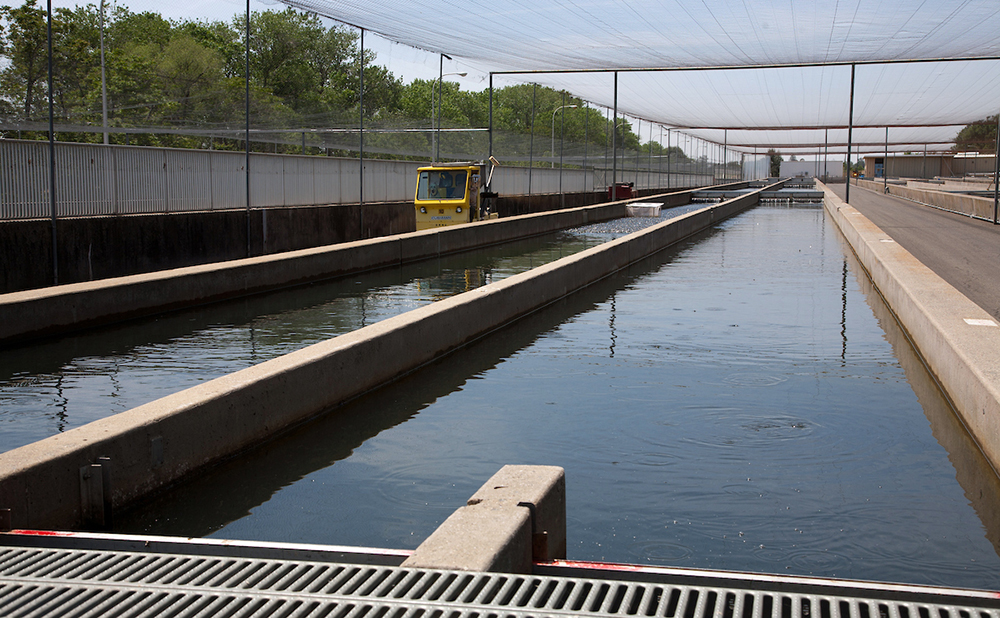
The Feather River Fish Hatchery in Oroville, Calif. is expected to increase production of fall-run Chinook salmon in 2023 to some 9.5 million fish to combat the impacts of drought and a thiamine deficiency affecting natural spawning and in-river production.
The plan, announced jointly in mid-December by the California Department of Fish and Wildlife (CDFW) and the California Department of Water Resources (DWR), marks the second straight year that the Feather River Fish Hatchery would exceed its typical production quota of six million fall-run Chinook salmon to help sustain the state’s commercial and recreational salmon fisheries.
In 2022, the hatchery raised and released eight million fall-run Chinook salmon smolts, according to Fish and Wildlife data.
The hatchery, owned by DWR and operated by CDFW, is seeking to produce some eight million fall-run Chinook salmon smolts and 1.5 million fall-run Chinook salmon fingerlings in 2023—a 3.5 million fish increase over typical production goals.
CDFW Fisheries Branch Chief Jay Rowan said that given the prolonged drought, low adult returns and a thiamine deficiency impacting in-river production, his agency feels it is extremely important to maximize the actions available to them in hatcheries to help sustain this extremely important population of salmon.
The Feather River Fish Hatchery has collected 17 million fall-run Chinook salmon eggs to help meet these production goals—two million more eggs than the hatchery’s typical egg collection target. Some 11,000 adult fall-run Chinooks returned to the hatchery in 2022, a significant below-average return.
Two million of the additional salmon smolts produced are to be trucked to release sites in the San Pablo and San Francisco bays to maximize survival. Another 1.5 million of these additional fish are to be released into the Feather River earlier in the season and at a smaller size than typical river releases.
CDFW officials said this is an experimental effort to take advantage of more favorable weather and river conditions in early spring. Twenty-five percent of the fall-run Chinook salmon produced by the Feather River Fish Hatchery in 2023 are expected to be marked and tagged so that scientists can monitor whether the releases are successful.
